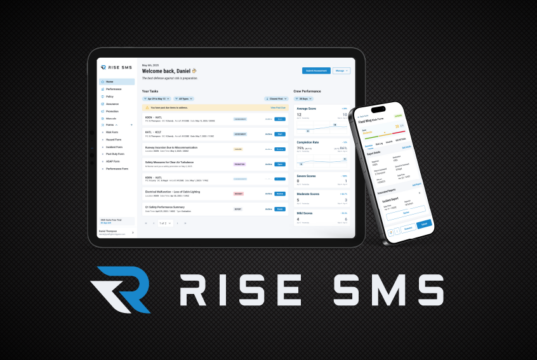Stock market crashes are a scary but necessary part of our economy. I can say with near certainty there will be more market crashes over the next decade. Market crashes are a hot topic right now for many reasons; inflation, government debt, the market at an all-time high (given Covid?!), and more recently, the situation in Afghanistan.

These important issues and events may cause a crash, but more than likely the next crash will be something that none of us expected or could have possibly predicted. And that’s the scary part, right? History, however, can give us clues as to how crashes typically unfold. Furthermore, how we can prepare to thrive and not just survive the next crash?
Here are four ways to survive and thrive [in] the next market crash.
1. Be proactive
I am going the spare you the “pilots don’t fly without a flight plan” cliché because being proactive is about more than just having a plan. I tried to be proactive about writing this but that only got me .01% closer to finishing. Being proactive is all about making decisions and taking action now so you do not have to do so in the middle of the storm.
Being proactive with your financial situation helps you to survive and thrive a market crash because you are no longer in an emotional, survival, reactive-only mindset. Instead, you are free to act (or not act) because you are already prepared for this difficult moment (Covid-19, 2008, next apocalyptic headline goes here). For those who put in the prep time, it is time to relax and make money when others are fearful. As the saying goes, for people with cash there is no recession, only opportunities!
The following paragraphs are all pieces of the puzzle when it comes to being proactive; in fact, we go through these steps with each of our clients when putting together financial plans.
Similar to the mental models you use in the airplane, here are a couple of ways to start being proactive today – the ABCs!
Assess your financial situation. Review personal balance sheet: Savings rates, emergency funds, cash flow plan, pay off debt, etc.
Balance decision making. For example, pay off your mortgage early or put more money into an emergency fund?
Create and set meaningful financial goals – and write them down!
2. Diversification
Most people know diversification is about managing risk; however, the best part about diversification is capturing investment gains no matter which company, industry, or country has the hot hand at that moment. Diversification is like making selections for your fantasy football team; you need different players with different skill sets. Some of the best investors in the world know you must be prepared to be wrong. Diversification is the solution to preparing for multiple outcomes.
Even though each year you may kick yourself for not going all-in on tech stocks, over the long run a diversified portfolio will perform better by capturing returns no matter what is going on around the world. During a market crash, owning a diversified portfolio allows you to capture the returns of companies that may do well during downturns.
3. Asset allocation
Asset allocation refers to the different asset classes that you own. For example, the percentages of stocks versus bonds, small companies versus large companies, etc.
As you get closer to retirement, bonds, which typically hold their value during a crash, are considered safer investments than stocks and therefore typically constitute a larger portion of your investments.
As well as making sure you are not taking unnecessary risks, having a portion of your investments in bonds provides flexibility if stock prices decline. If stocks prices crash for an extended period and you need money from your investments, you can hold onto your stock positions and sell your bonds.
It is especially critical for those pilots entering retirement to have enough bonds to cover multiple years of income in case of an extended market decline. For younger pilots, having a small percentage in bonds can also give you the flexibility to sell your bonds during a crash, and use the proceeds to buy stocks at a cheaper price!
4. Focus on what you can control!
In the short-term, stock market volatility is fully out of our control. In fact, trying to time the entry and exit of investment dollars into and out of the stock market is one of the main reasons average equity investors significantly underperform a diversified portfolio.
I believe trying to time the market is far riskier than entering the market corrections with a diversified portfolio. And in many cases, that extra risk turns into real (not paper) investment losses.
Instead of sitting on your hands and doing nothing, you could instead focus on things you can control such as:
- Roth conversions
- Tax-loss harvesting
- Rebalancing, and
- Dollar-cost averaging into depressed equity prices during the downturn.
These items are strategic and require some specific situational planning, but the point is, there are many things you can do during downturns that can save or make you money without taking unnecessary risk.
Summary
Getting your financial life and personal balance sheet in order now will help you to overcome the challenges you will face in the next market crash. Take the action now in order to relieve stress when the next inevitable downturn, correction, recession comes our way. Because it’s like predicting thunderstorms in the summer; we know they’re going to happen, we just do not know exactly when.



























































































































